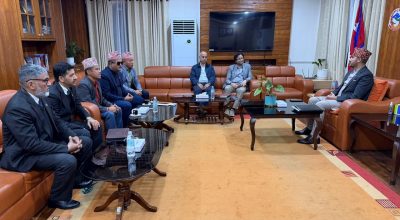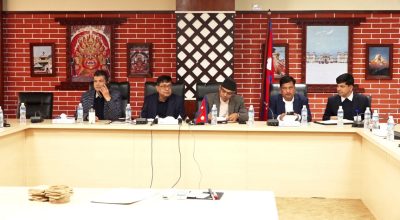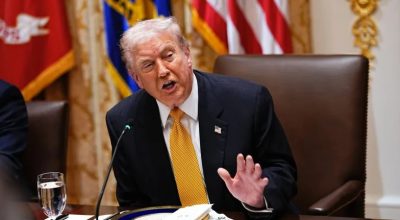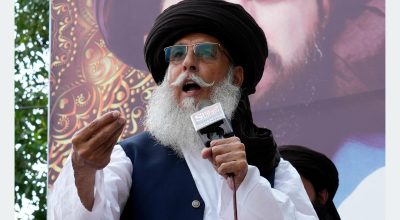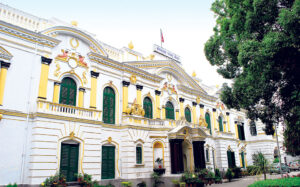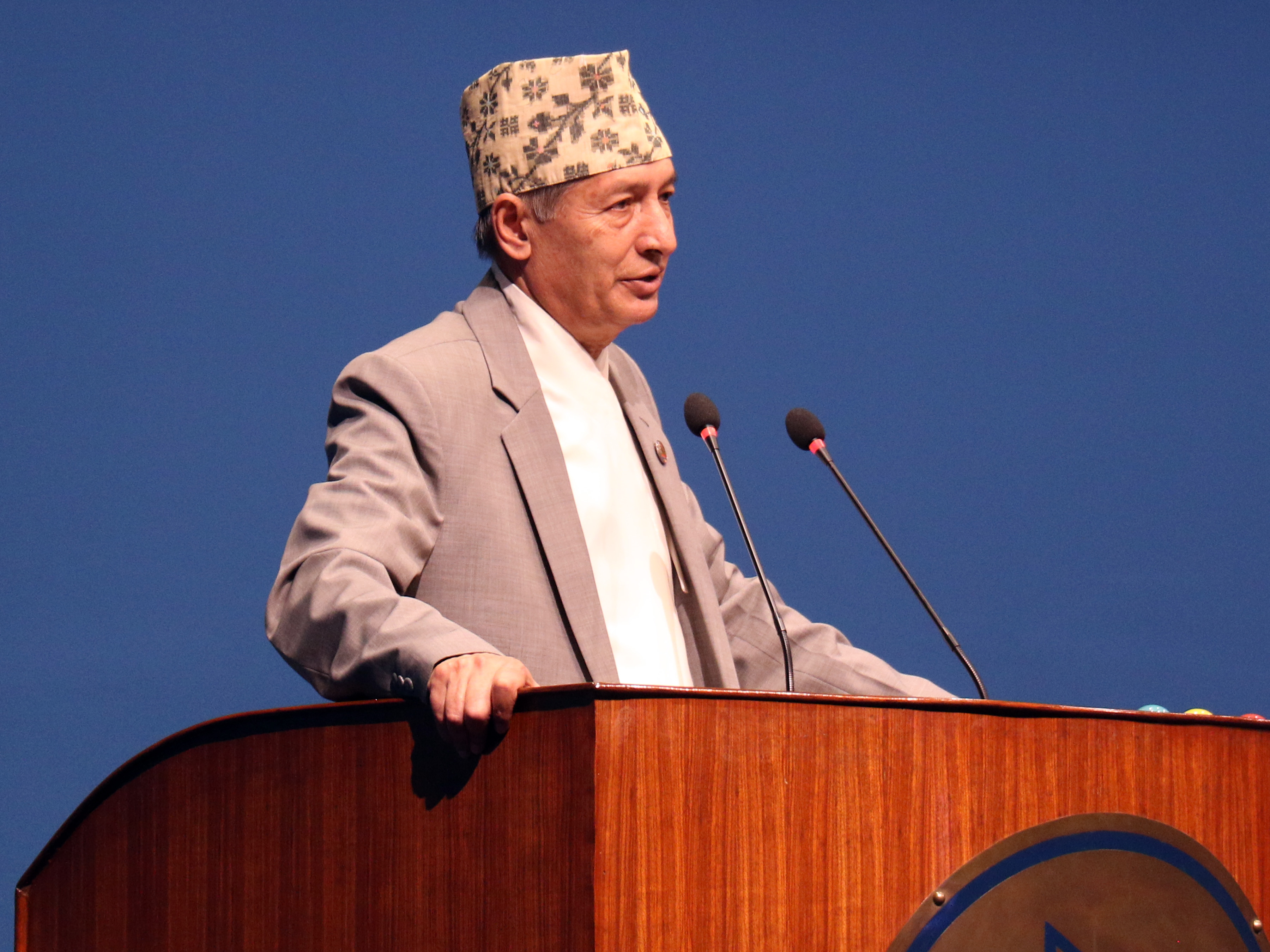
Kathmandu, Sept 9: Today’s meeting of the House of Representatives (HoR) has unanimously approved the Revenue Leakage (Investigation and Control) First Amendment Bill-2075 BS.
Minister for Finance Dr Yuba Raj Khatiwada, on behalf of Prime Minister KP Sharma Oli, had tabled the Bill along with the report of the Financial Committee.
Responding to the queries raised by the parliamentarians in a principle discussion on the Bill, Minister Khatiwada clarified that the Bill was introduced to launch investigations into revenue leakages more effective.
Stating that this Bill would not interfere with action taken against the cases of revenue leakages at the local and provincial levels, Khatiwada expressed his confidence over the effective implementation of the Bill.
“The government has tendency to promote and encourage entrepreneurs, but not curtail or control them,” said the Minister, adding that the government would collect revenue from the private telecom service provider, Ncell as per the Supreme Court’s verdict on its tax issues.
Earlier in the principle discussion on the Bill, parliamentarian Bharat Kumar Shah had expressed his qualm about bringing the Ministry of Finance’s Department of Revenue Investigation under the Office of Prime Minister and Council of Ministers arguing that it was against the sentiment of financial federalism.
Likewise, Uma Shankar Agariya demanded an amendment to the provision of punishment proposed in the Bill. Renu Gurung demanded that those evading and avoiding taxes be brought to book.
Similarly, Prem Suwal called for levying tax on properties proportionately.
He expressed his doubt over the effectiveness of the new Bill and asked how revenue leakages be curbed by the new Bill? Dev Prasad Timsina spoke of the need to reward those paying the revenue on time while punishing those evading or avoiding it.





